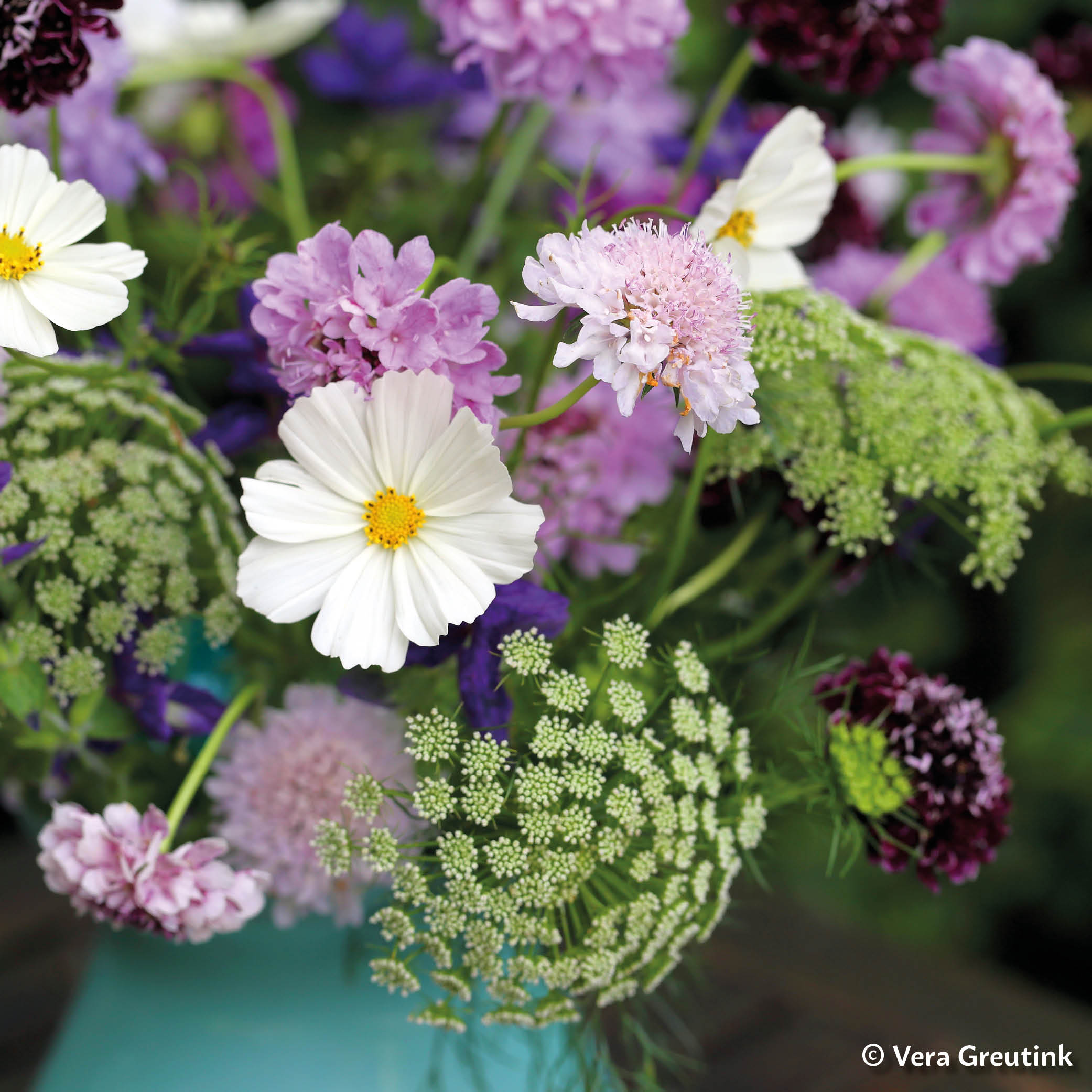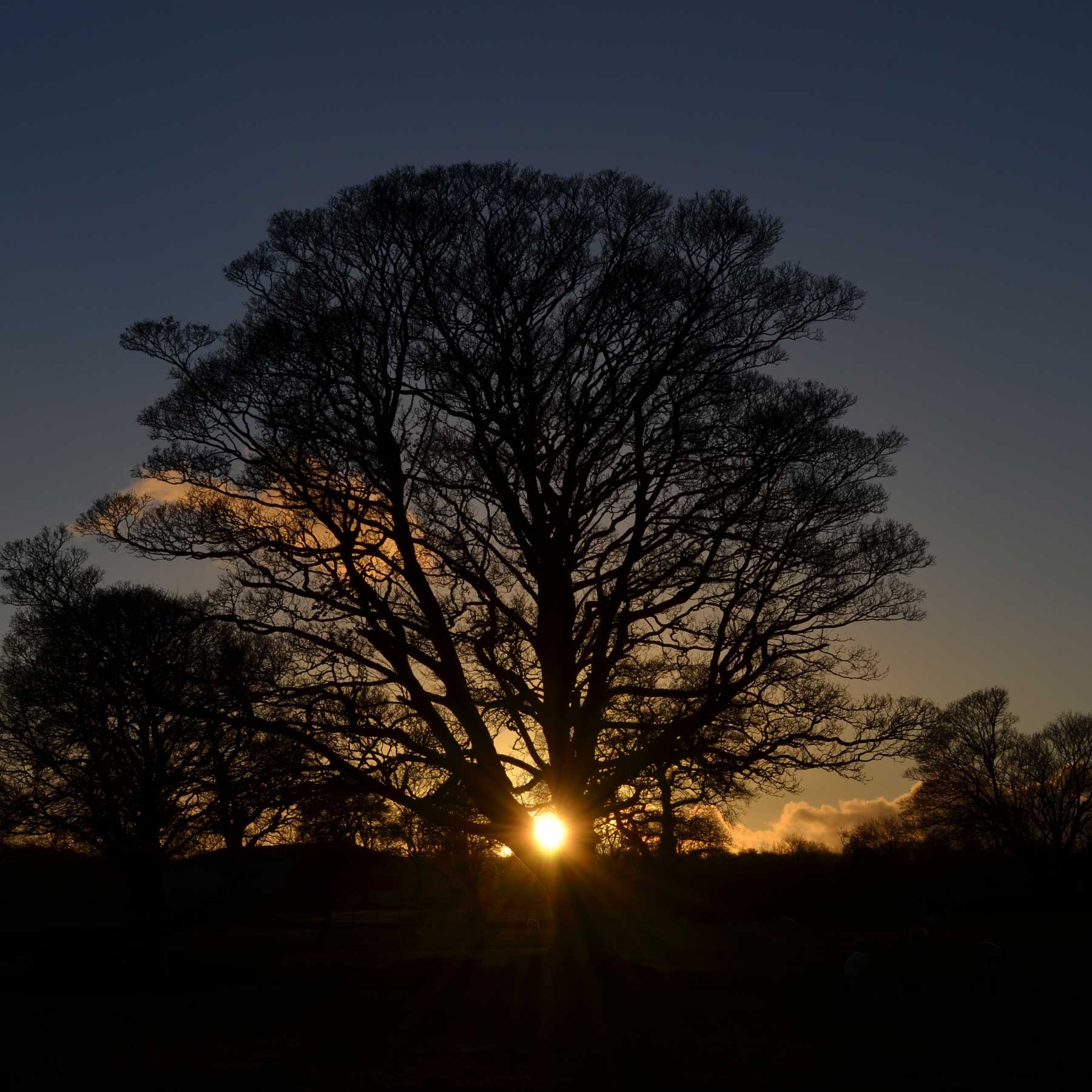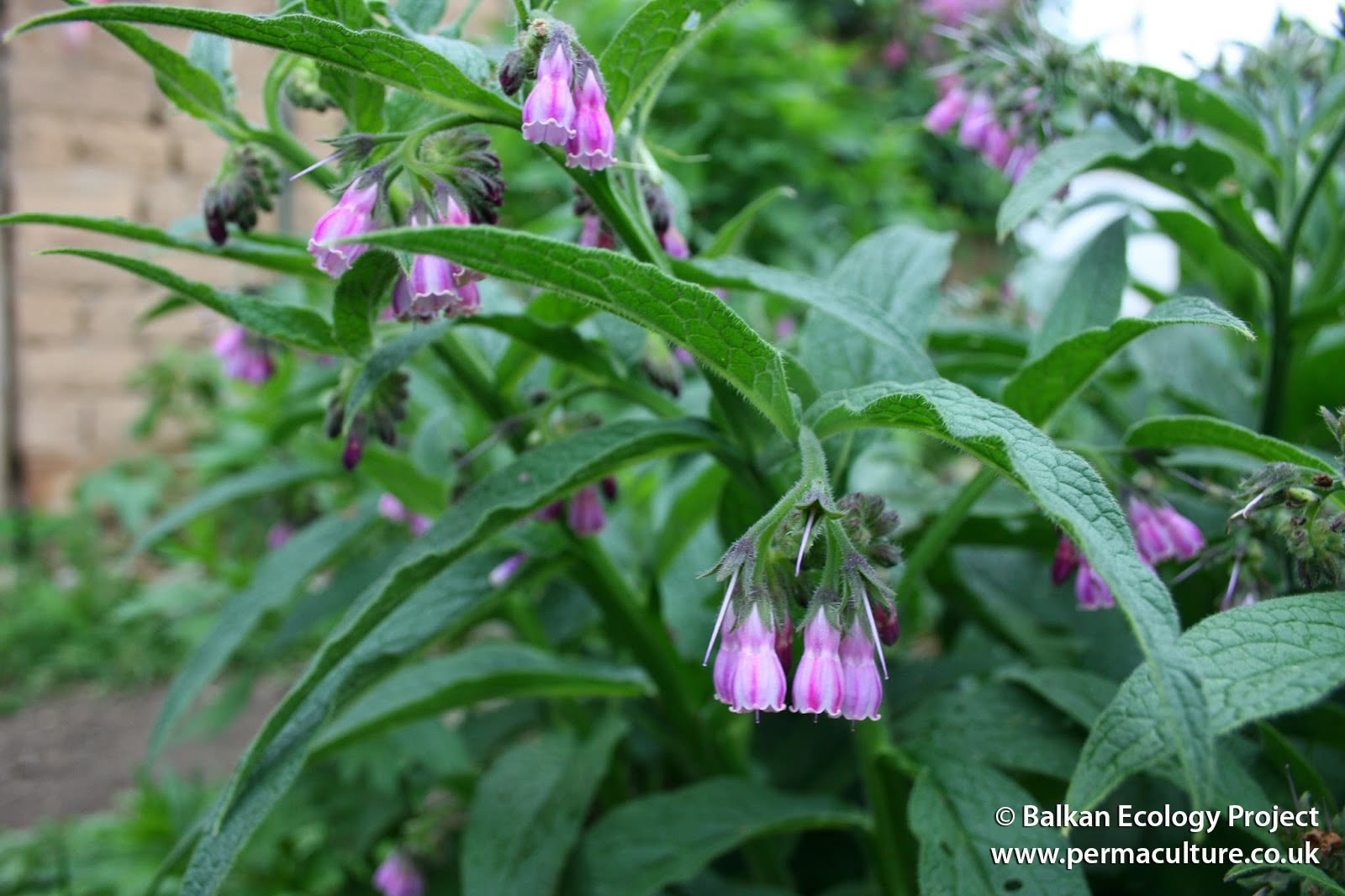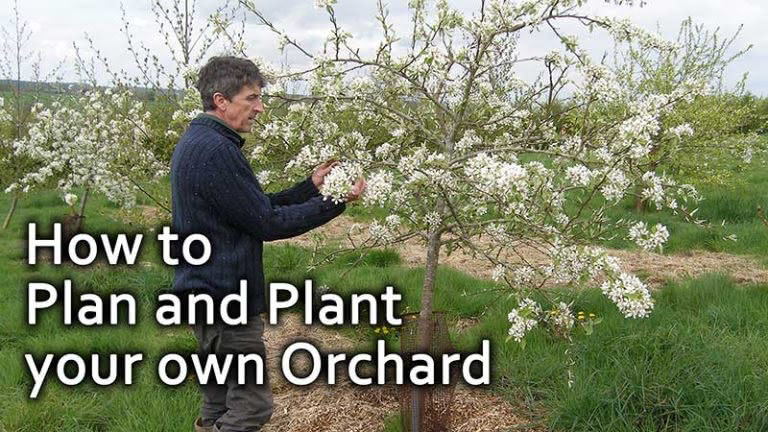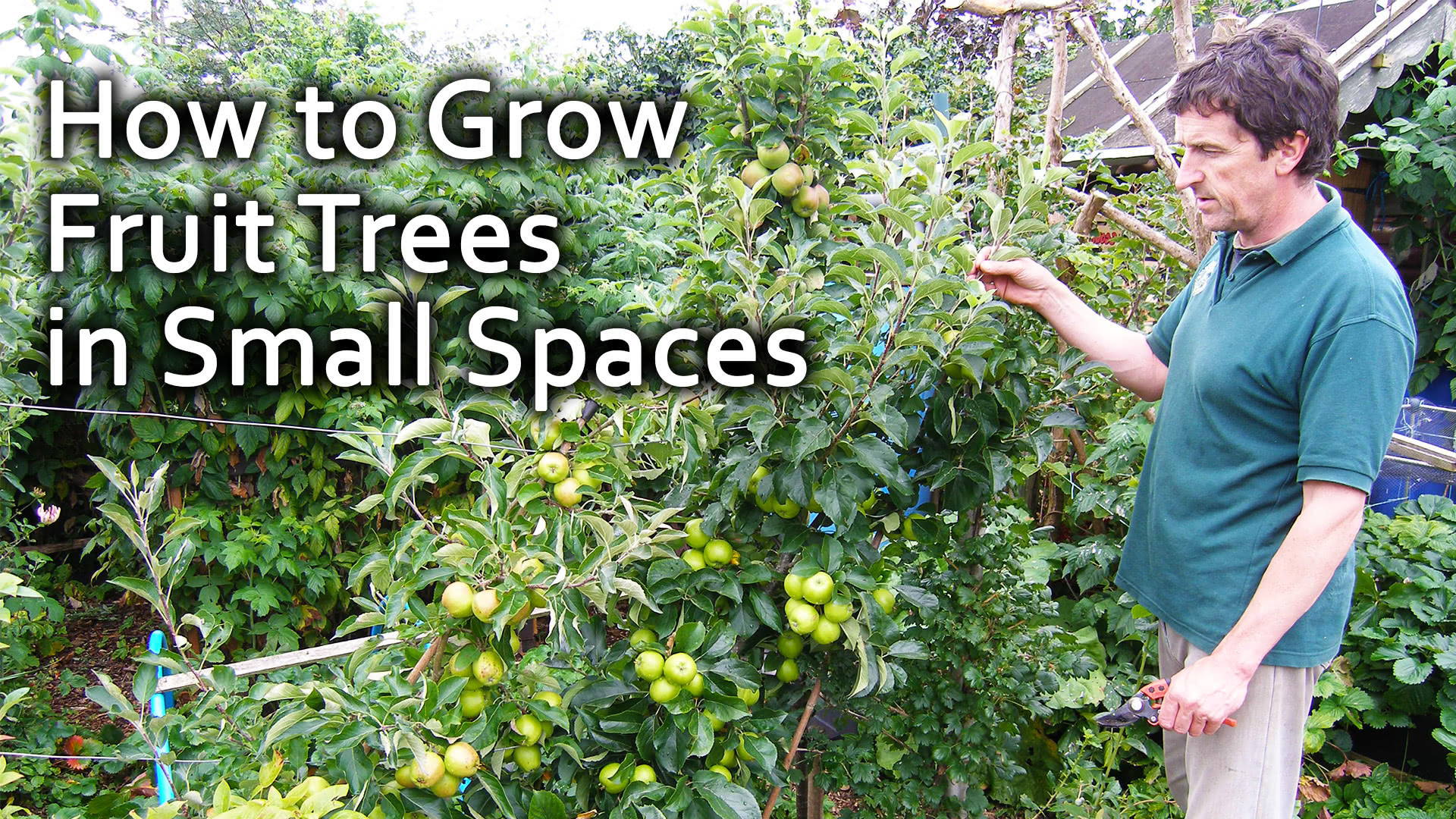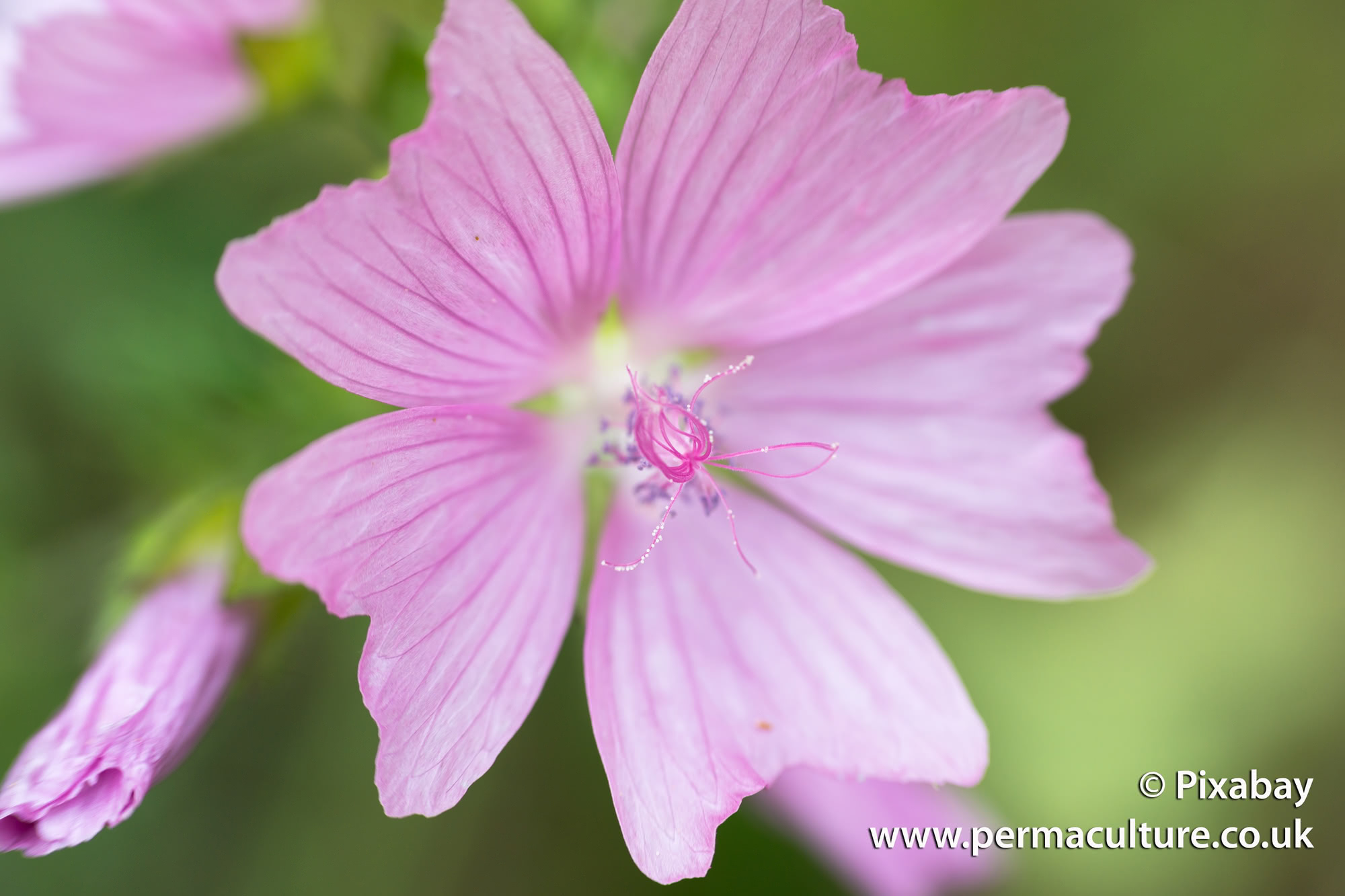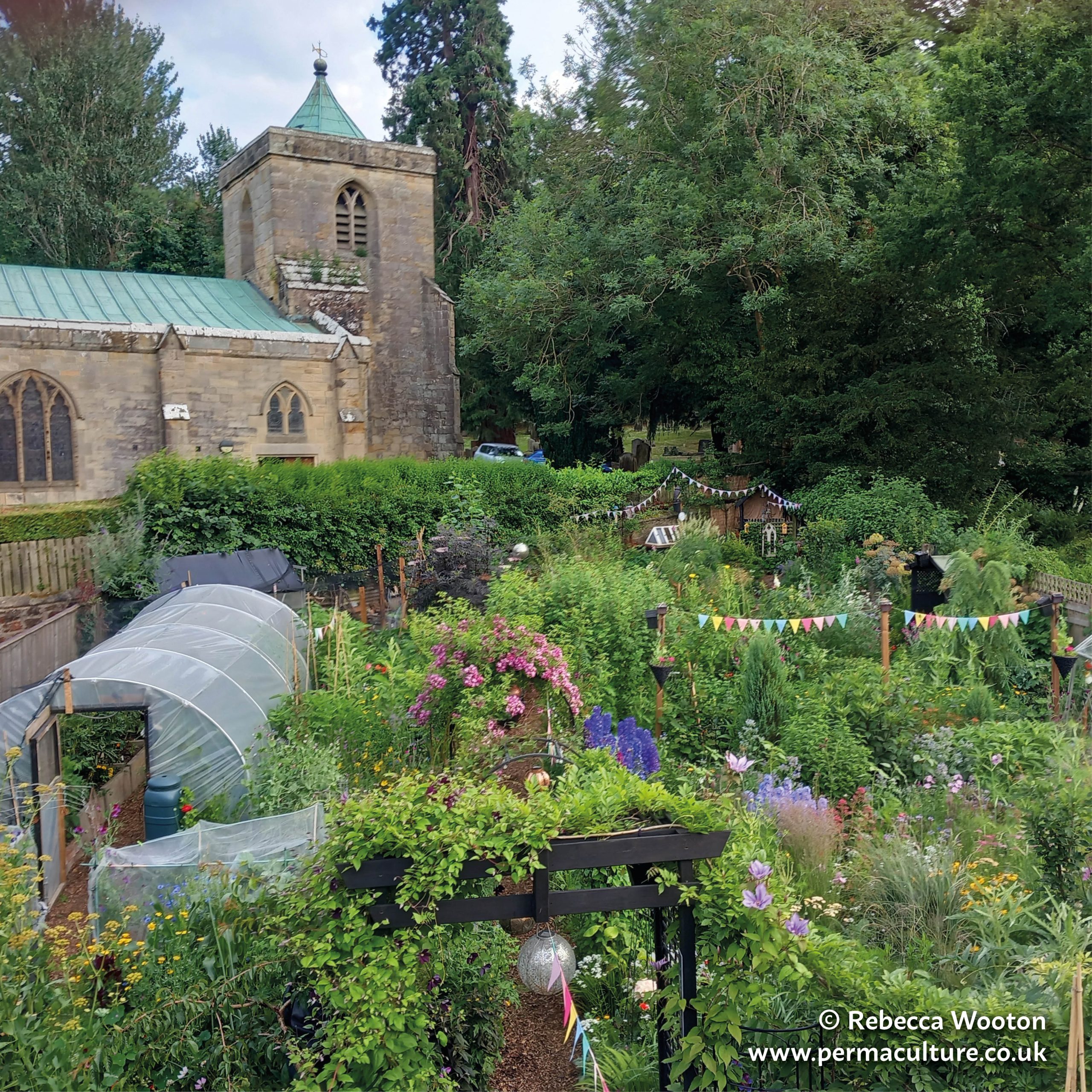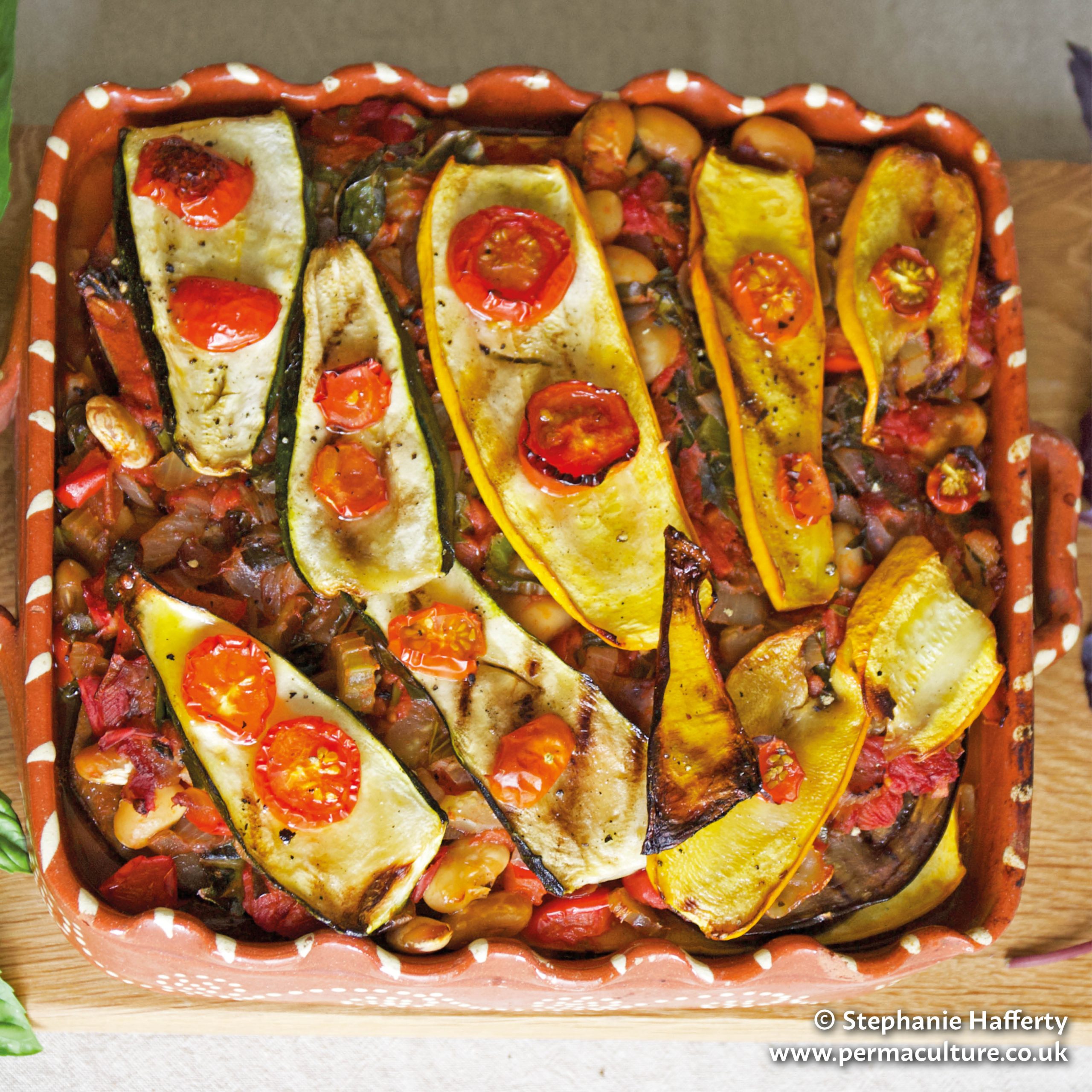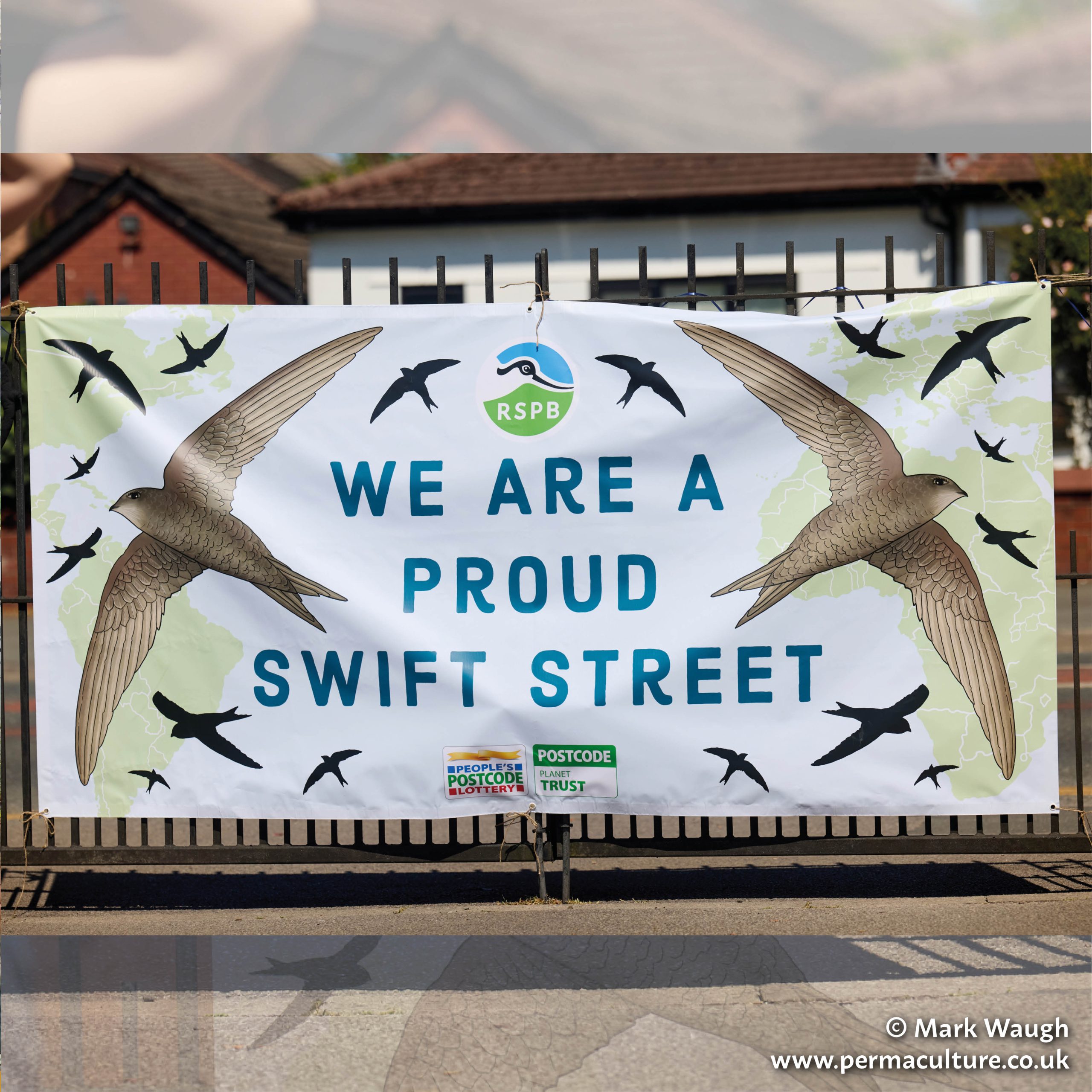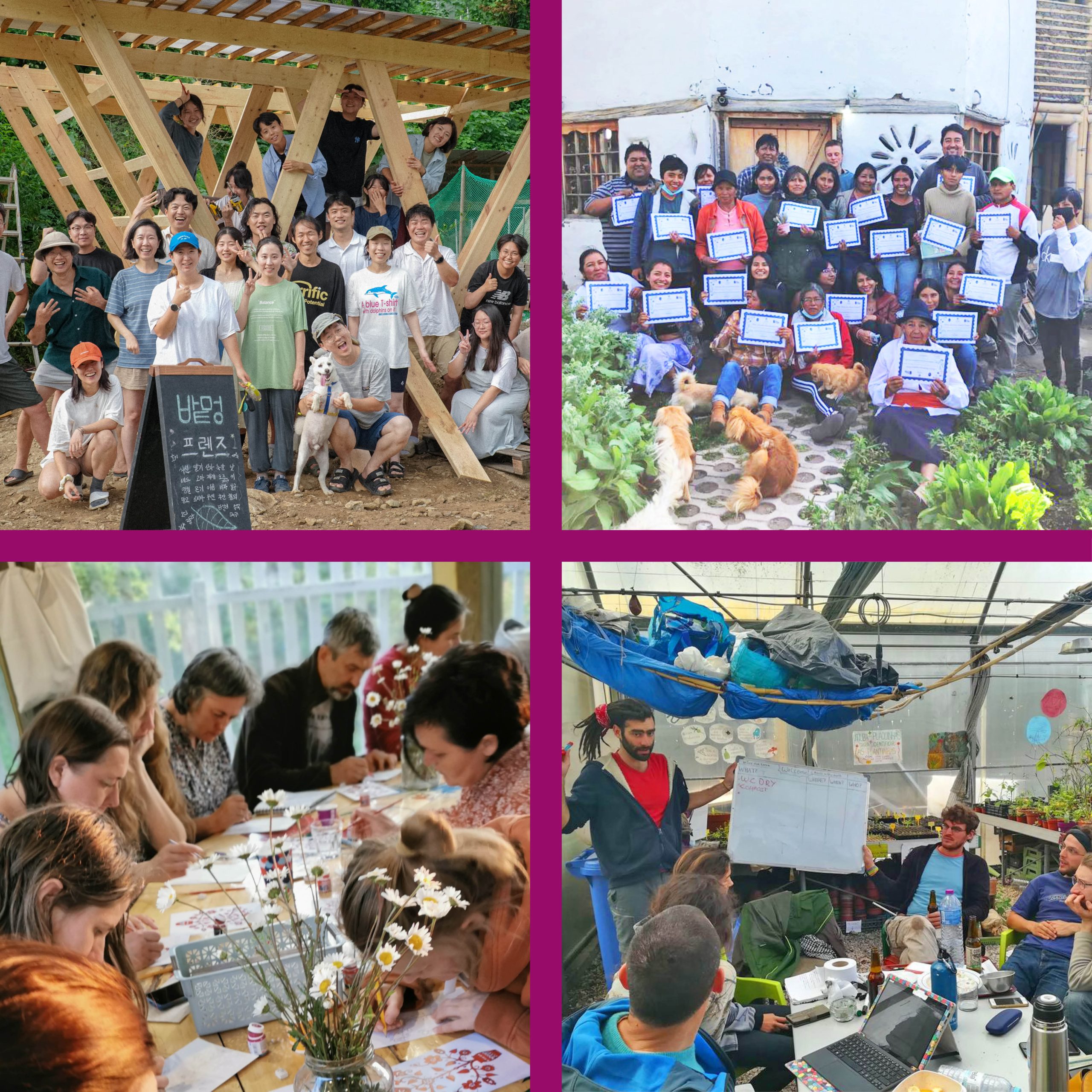It’s such a delight to receive the latest iteration of these beautiful cards, developed over many years by Delvin Solkinson and his core team. They now come in a strong and attractive green box containing a helpful instruction booklet and more cards than ever before.
The current deck comprises 10 card subsets, each of which can be used individually or in combination with the others. Six of these sets (Ethics, Attitudes, Frameworks, Design, Tools and Strategies) form the bulk of the deck. Each card invites us to take a specific approach or perspective – and there are so many, some of which were new to me. I particularly appreciated ‘Celebrate’ being added to ‘Evaluate’ and ‘Tweak’ to make ETC.
The four smaller sets provide an overview of Looby Macnamara’s ‘Design Web’ anchor points and her ‘7 Ways to Think Differently’, Robin Clayfield’s ‘Vision Tree’ for guiding a group’s process and Susun Weed’s ‘Grounded Gardening’. I suspect that more of these smaller sets may be added over time.
The included booklet suggests many ways in which the cards can be used, for teaching, problem solving, designing, focalising, and so on. You can also make up your own ways – the possibilities are almost endless. The cards lend themselves particularly well to a random assembly approach, pointing us towards solutions we may not have otherwise considered. They invite us to explore. The deck combines well with their accompanying hexagonal Permaculture Design Elements Game cards and I’ve also found them to be a great way of expanding the Ideas/Design Principles stack in the Adapt design card game.
I love these cards, they’re so versatile.
What’s more you can download them for free. Such generosity! However, I personally prefer the feel of real cards in my hands and think they’re more versatile that way. You can get your own set here: www.permaculturedesign.earth/designdeck
1. Relative Location: An Original Permaculture Design Principle
Designing Your Life with Permaculture: 1. Observe and Interact
Aranya has been experimenting with permaculture since his design course epiphany in 1996. In the years that followed he designed a collection of gardens, along with a few other non-land based designs, writing them all up to gain his Diploma in Applied Permaculture Design 2003.
